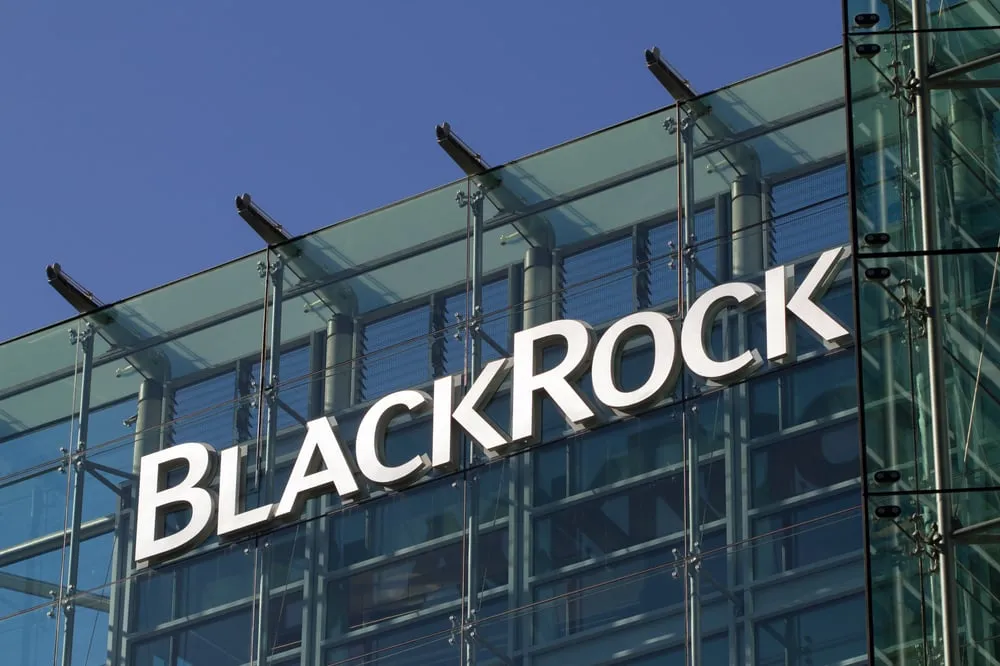According to Business Insider, the Federal Reserve’s recent 50 basis point interest rate cut has ignited a surge in AI stocks, with tech giants like Nvidia, Broadcom, and ASML seeing significant gains as investors view the move as a bullish signal for the technology sector’s growth into 2025.
Impact of Fed Rate Cut
The Federal Reserve’s 50 basis point rate cut is expected to have wide-ranging impacts across the economy. For consumers, lower interest rates could lead to reduced borrowing costs on mortgages, auto loans, and credit cards, potentially stimulating spending and economic activity. However, savers may see lower returns on savings accounts and CDs as banks adjust their rates downward. In the broader economy, the rate cut aims to support continued economic growth and maintain low unemployment, though its full effects may take time to materialize. Key areas to watch include:
- Housing market: Mortgage rates may decline further, potentially boosting home sales and refinancing activity
- Stock market: Lower rates tend to support higher equity valuations, especially for growth and technology stocks
- Labor market: The Fed aims to maintain low unemployment through accommodative policy
- Inflation: The central bank will closely monitor price levels to ensure inflation remains under control as it eases policy
Nvidia’s AI Market Surge
Nvidia’s dominance in the AI chip market has propelled its stock to unprecedented heights, with its market value surpassing $3 trillion in 2024. The company’s revenue growth has been phenomenal, driven by the demand for its AI-specialized GPUs in data centers and generative AI applications2. However, concerns about Nvidia’s ability to maintain this growth rate have emerged, with revenue growth expected to slow from 122% to around 80% in the coming quarters2.Despite the potential slowdown, Nvidia remains a key player in the AI industry. The company’s success extends beyond just GPU hardware, encompassing entire AI infrastructure solutions, including software and data center designs4. This comprehensive approach has helped Nvidia maintain its competitive edge, with an estimated 80-92% market share in accelerated computing for data centers4. However, investors should be aware of emerging competition and the potential for market saturation as other tech giants develop their own AI chips.
AI’s Role in Economic Growth
AI is poised to significantly impact global economic growth through increased productivity and innovation. Studies estimate that AI could boost annual GDP growth by 0.1 to 1.5 percentage points in advanced economies over the next decade. Key effects include:
- Automating 25-60% of work tasks, enhancing labor productivity
- Generating $2.6-$4.4 trillion in annual economic value across industries
- Potentially increasing global GDP by up to $15.7 trillion by 2030
- Accelerating productivity growth to partially offset declining employment trends
However, AI adoption may exacerbate inequality between and within countries, necessitating proactive policies to ensure its benefits are broadly shared. The technology’s impact will likely vary across regions, with advanced economies better positioned to leverage AI’s potential in the near term.
Chip Stocks Surge
The Federal Reserve’s 50 basis point interest rate cut triggered a significant rally in tech stocks, particularly benefiting AI-focused chipmakers. Here’s how key players in the semiconductor industry performed following the announcement:
- Nvidia (NVDA) saw its stock jump by over 5%, continuing its impressive 172% year-over-year growth
- Advanced Micro Devices (AMD) experienced a surge of up to 7% before settling slightly lower
- Broadcom (AVGO) and ASML shares both rose by approximately 4%
- The Philadelphia Semiconductor Index (SOX) climbed nearly 5%, outpacing broader market gains
This surge in chip stocks reflects investor optimism about the AI sector’s growth potential, with Wedbush analyst Dan Ives describing the rate cut as the “missing piece in the puzzle” for the tech growth trade. However, the rally comes amid ongoing geopolitical tensions and potential export restrictions, which could impact future performance of these companies in the global market.
Source: Perplexity






